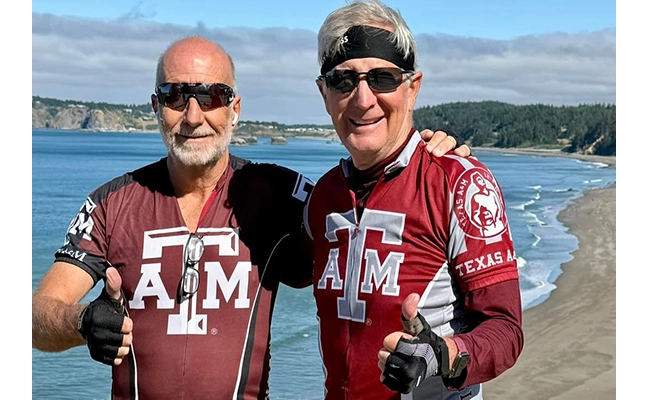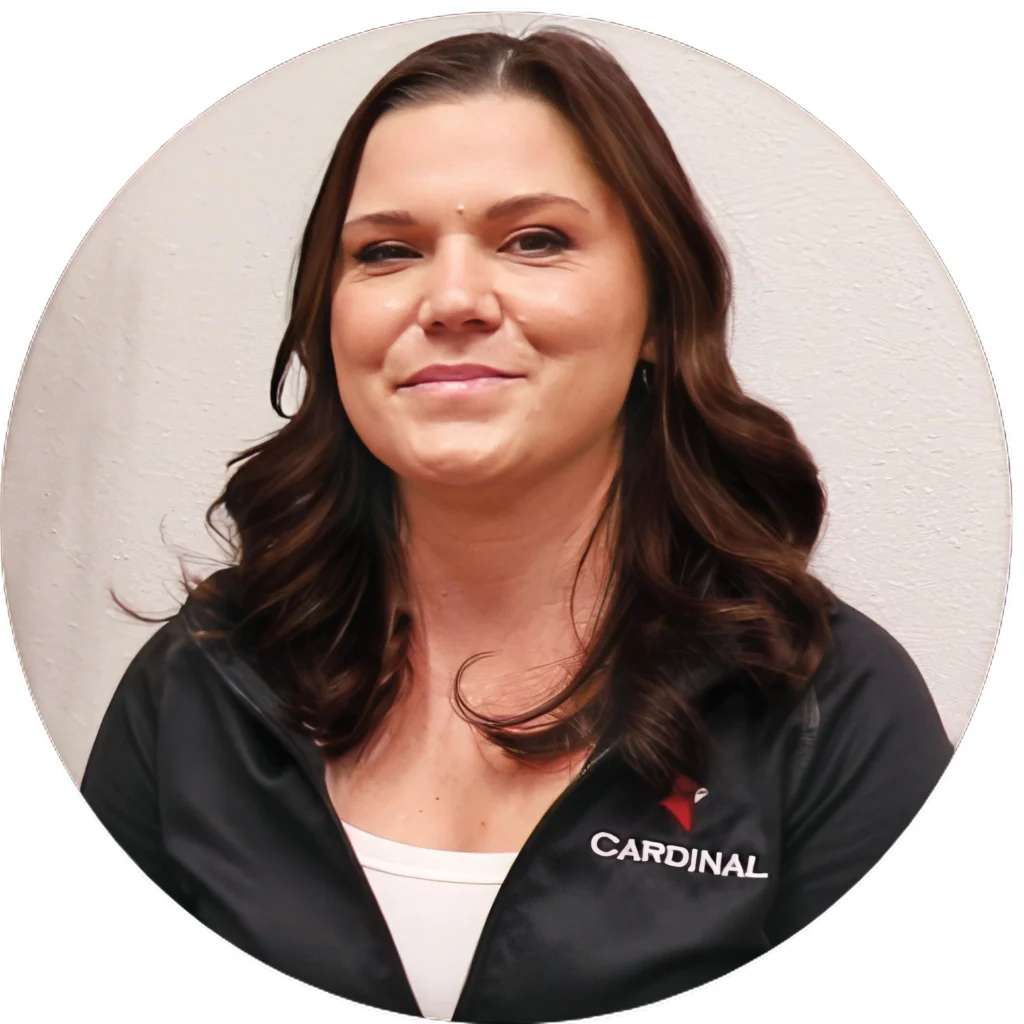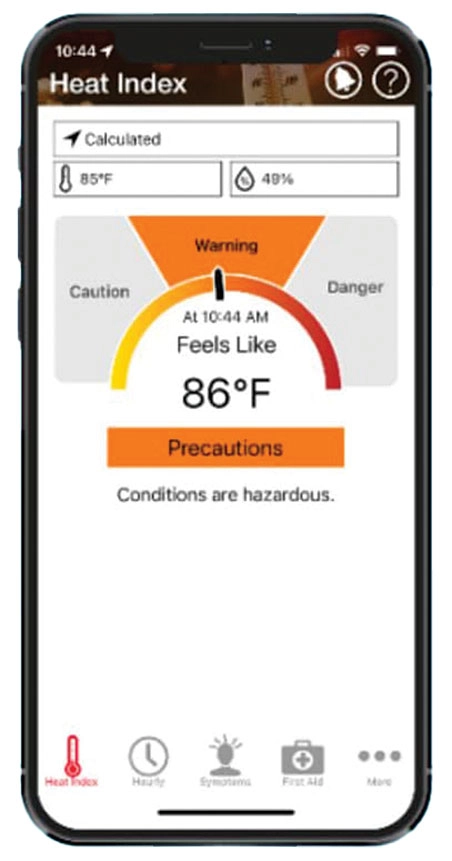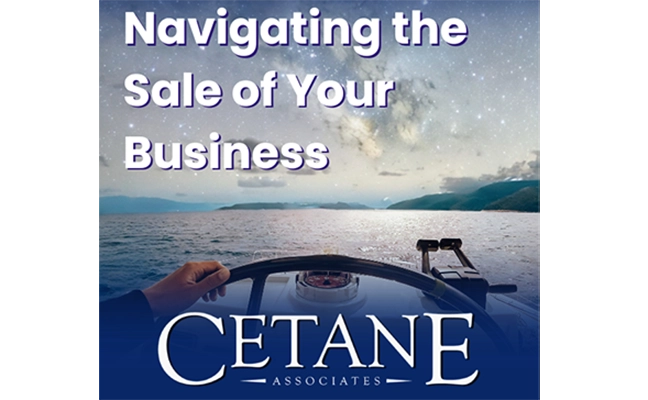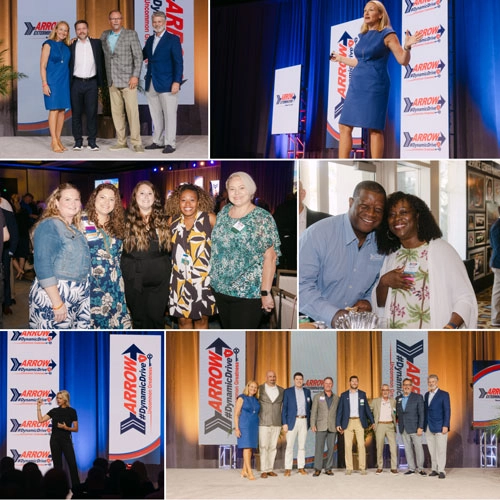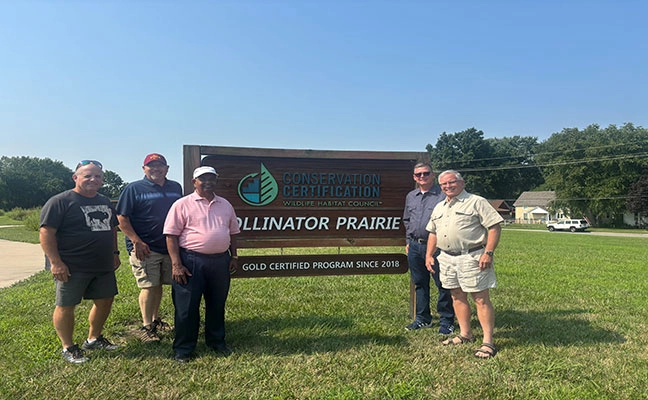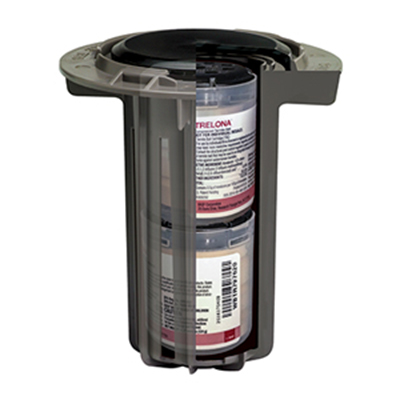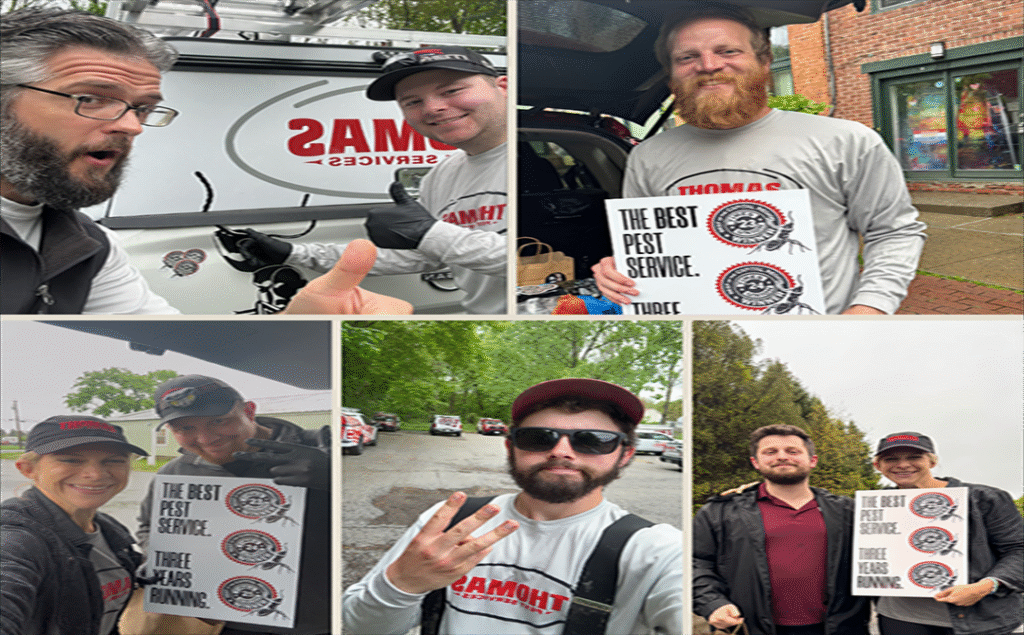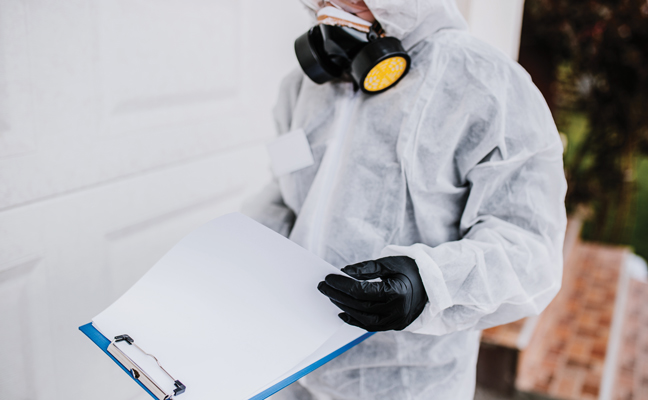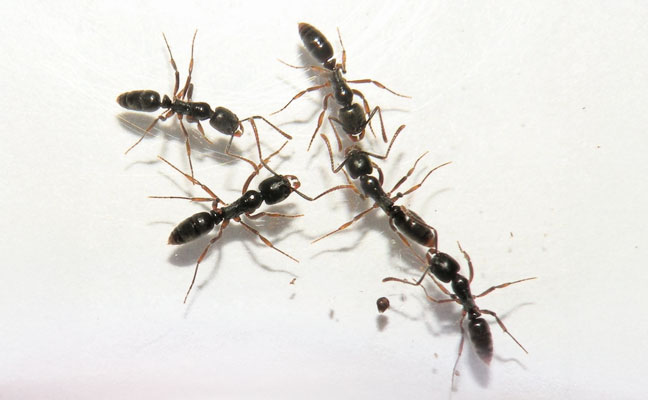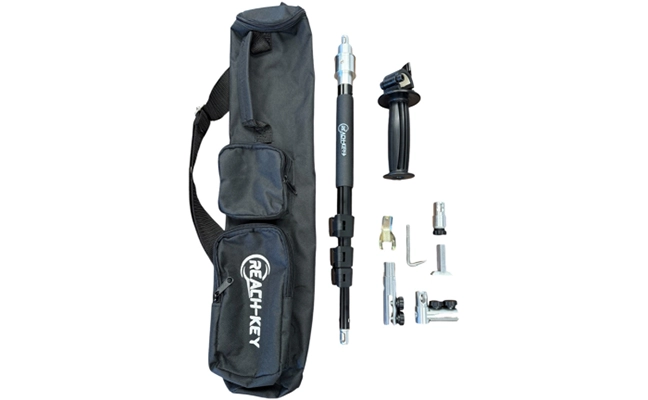In addition to Asian needle ants (see p. 44), pest management professionals (PMPs) who took Pest Management Professional’s (PMP’s) 2025 Ant Management Survey this spring revealed several other non-native ant species they have encountered, including the following. Biological and behavioral information was taken from several sources, including the University of Florida, the University of Hawaii, AntWiki.com and The Truman’s Scientific Guide to Pest Management Operations. See more results from this survey in PMP’s July 2025 issue.
Ghost ant (Tapinoma melanocephalum)
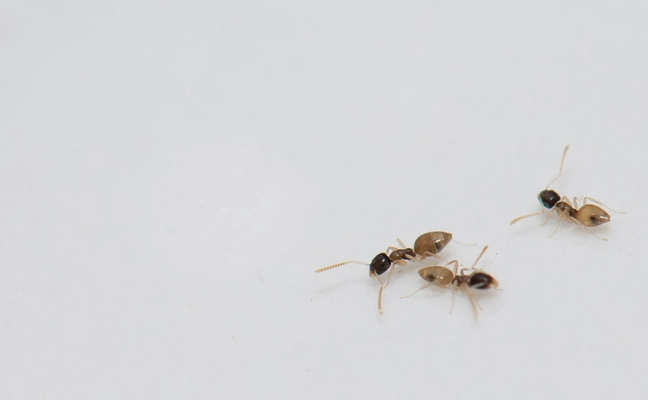
This species was introduced into the United States from Africa or Asia. It is a small ant, 0.05 to 0.08 of an inch long. It has a characteristic pale, whiteish abdomen, legs and antennae, and a dark-colored head and thorax. Ghost ants can develop very large colonies, with many queens. Colonies can divide or split through budding.
Argentine ant (Linepithema humile)
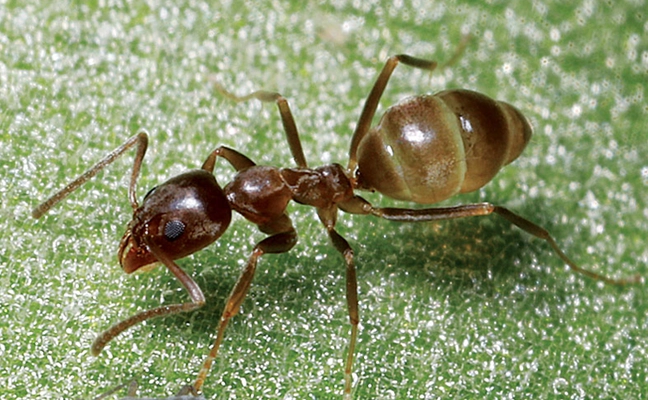
As its common name inplies, this species was introduced from South America. Workers are between 0.06 and 0.08 of an inch long and are light to dark brown in color. They have a one-segmented petiole and 12-segmented antennae with no club. Queens are much larger — up to 0.25 of an inch long. Many fertile queens are present in each nest. Colonies may be extremely large and cover large areas.
Big-headed ant (Pheidole megacephala)
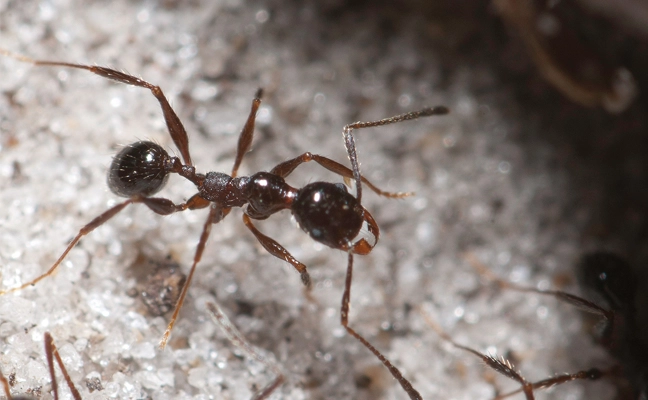
This species is native to Africa. Their common name stems from their soldiers having exceptionally large heads in relation to their body size. The minor workers have a slender body shape and do not have enlarged heads, but can be recognized by the shape of their heads, which narrows abruptly behind the eyes. They have 12 segments in the antenna, with a three-segmented antennal club.
Rover Ant (BRACHYMYRMEX PATAGONICUS)
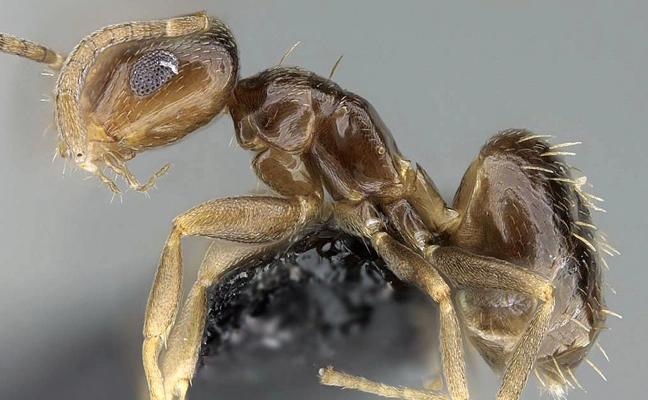
This species is native to Argentina. Workers are relatively small, 0.06 to 0.08 of an inch. They are reddish-brown with pale tarsi and mandibles, and brownish-yellow antennae with nine segments. Alates are produced in large numbers and are attracted to lights at night.
Central European Bicolored Ant (Lasius emarginatus)
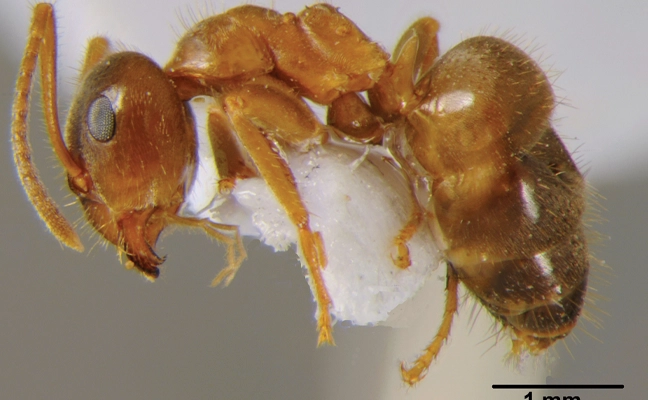
This species is native to Central and Southern Europe. Its population in New York City has grown so much that it is also known as the “ManhattAnt.” It has a reddish-orange body and dark brown head and gaster. These ants move fast and forage day and night.
<p>The post Watch out for invasive ants first appeared on Pest Management Professional.</p>
from Pest Management Professional https://www.mypmp.net/watch-out-for-invasive-ants/
Sacramento CA

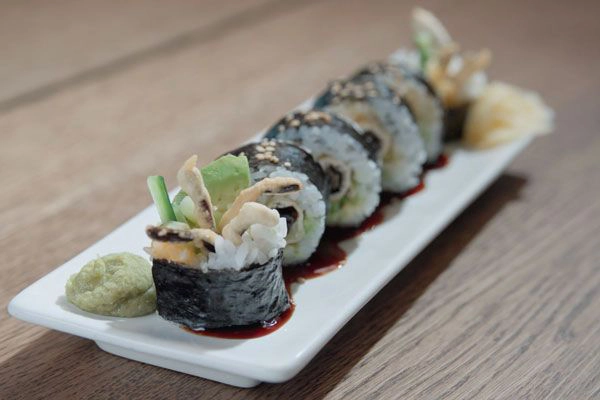

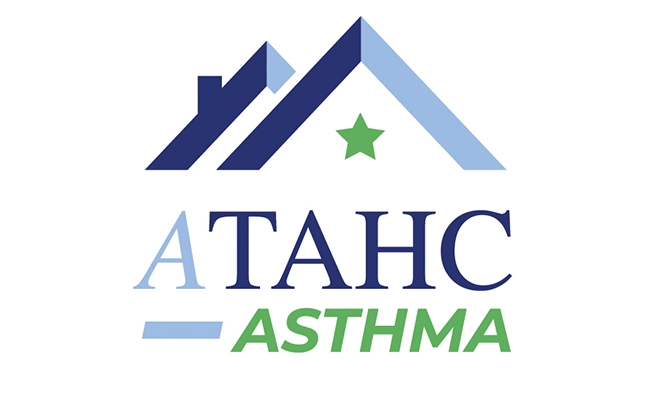

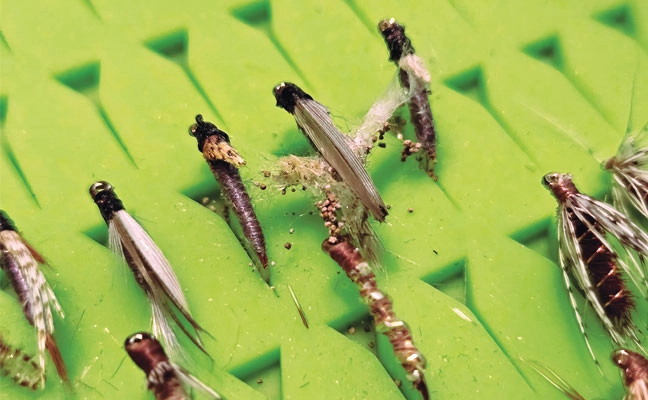
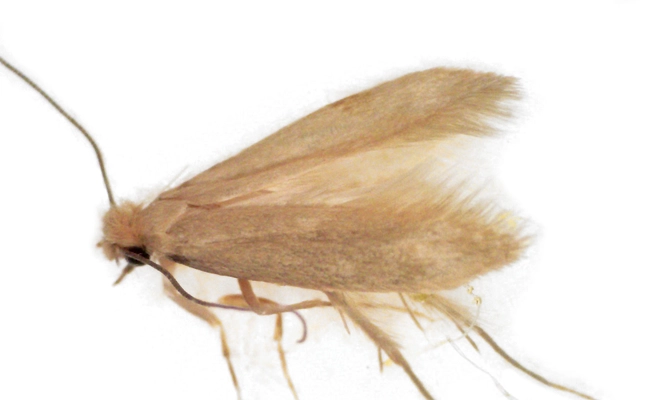
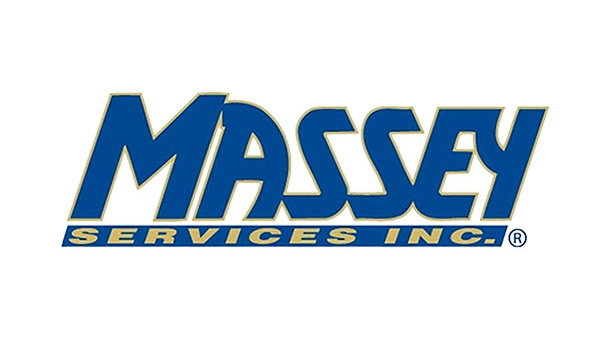


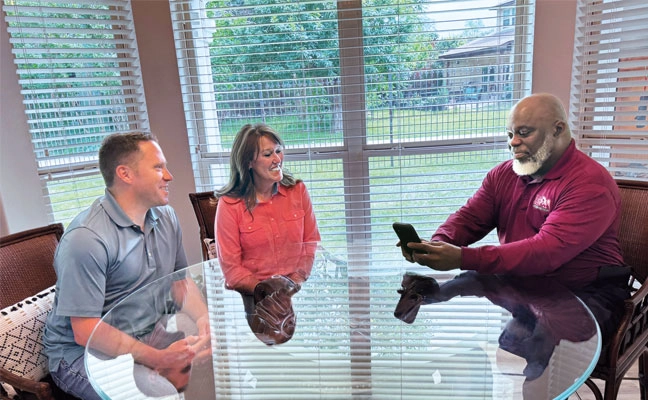
 Using the name of the customer, and making sure you state your name as well.
Using the name of the customer, and making sure you state your name as well.


